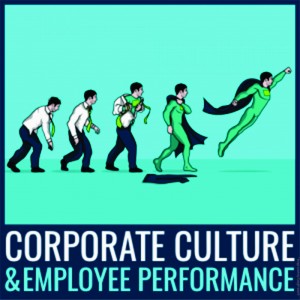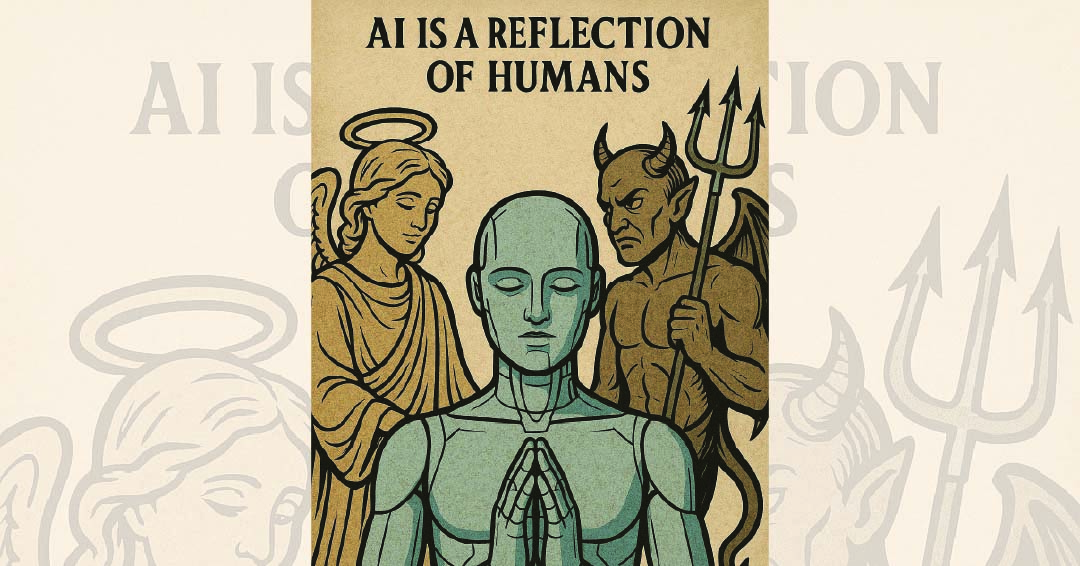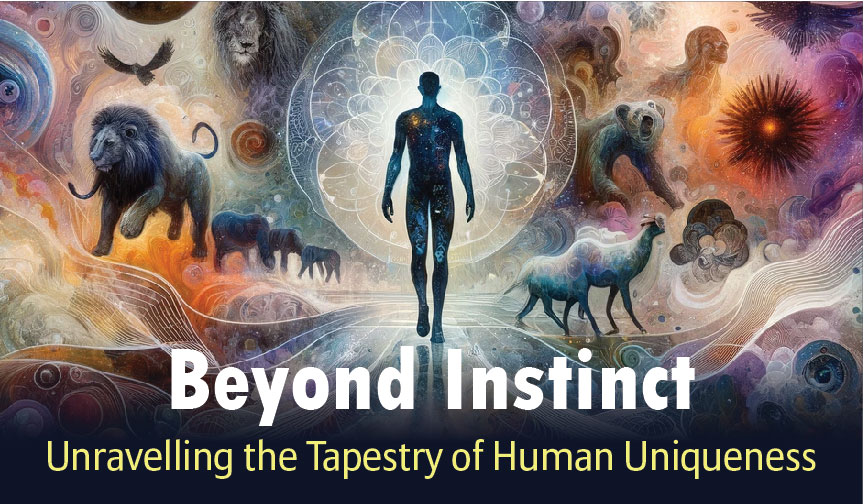Power of Culture

As I began my now normal routine of work from home, I happen to glance at my calendar which I do every day as a matter of habit to check my routine, and realized it’s the 2nd of May 2020. As the moment sank in, I was instantaneously smiling and was overcome with a sense of pride and happiness. I realized Bajaj Allianz General Insurance registered with the regulator 19 years back on this very day, achieving yet another milestone in our rewarding journey so far. As on one of the founding employees, it’s amazing how time flies when you work at a place where there is a sense of belonging and a job you’re excited to look forward to everyday – yes that feeling exists! Throughout the day, I was overwhelmed with congratulatory messages from my colleagues expressing their sense of accomplishment and gratitude for being associated with an organization that has made such giant strides during these glorious years and only getting better each day. But on retrospection, it made me wonder why my colleagues felt so strongly about our organization? So, I decided to candidly ask some senior leaders of our organization on a virtual celebratory call that evening. The answer was clear and unanimous which can be summed up in just one word – CULTURE! I began to think of a few elements related to culture.
Why people stay longer with an organization
The unequivocal feedback I received from my senior leaders was that they stayed on for more than 10-15 years with BAGIC owing to the culture the company has constituted over these years which only gets enriched year-on-year making it closer to home each day. It made me think about this clichéd buzzword frequently used in the corporate world, culture and what it really stands for. In my opinion, culture stands for the environment an organization creates for its stakeholders, its belief, purpose and value ecosystem along with a thriving work ethos for their employees. In the end of the day, it’s simple – it’s about how you treat people and how much you care for them!
I am proud to say that we have many people who have been proud BAGICians and stayed in the system for more than 10 years on an average. I consciously believe that culture develops a brand’s personality which is what retains the right kind of talent and retains customers for an organization. Employees stay on because they get what they want which is an amalgamation of their own personal goals as well as the overall collective objective that the organization builds in them. Only when your employees are part of your organization’s gene pool, will they become your brand ambassadors. They become the voice of the organization which reflects in their daily conversations with different stakeholders creating new brand advocates. Finding your own place in an organization’s culture gives you a sense of belonging. With so many challenges in your life’s journey, working in a place where you spend maximum time, where you feel like you belong and where co-workers become family members, is fulfilling in itself. An organization’s culture gives you that comfort to be truly yourself encouraging you to thrive and excel in your professional and personal endeavors.
Leaders set the tone for culture
In my 19 plus years of experience with the company, I can say I’ve learnt a lot from my mentors, leaders and almost everybody around me which has empowered my leadership style as well. From a young age we imitate how our elders behave be it your siblings, parents or even teachers. We similarly affiliate ourselves to the leadership style we are accustomed to, on a daily basis at our workplace which can also influence our leadership style as well. How a leader conducts themselves is mirrored across an organization and defines the true culture of an organization. Leadership sets the tone of how a company or department functions. Each department has different functionalities and strength of employee resources. As a team how, they conduct their daily deliverables can also define a team member’s longevity. It’s the leader’s responsibility to ensure that each member is entrusted with equal opportunities and shines in their own way. Remember that the higher one climbs the leadership ladder; the more people expect out of you and hence more stringent should be your responsibility in conducting yourself as a leader. When you get the opportunity to become a leader, remember how you wanted to be treated by your superior and that conscious decision in itself will make you a valued role model and not just feared for the position of power you have attained. I believe, an organization with the right blend of tenured leaders, who have risen up the ranks and new recruits of leadership from other organizations with the sector or from other sectors, ensure the culture remains fresh and relevant while keeping its DNA intact.
The New Tribe
This reminds me of a tribe culture and how fascinating it is to correlate it with the functioning of corporates as well. Tribes are a set of social groups built to achieve a common purpose, fore-fronted by a leader who is paramount to the tribe. The leader of the tribe defines the role of individuals which are ardently followed, typically to establish a common goal of interest. The same is applied to a corporate culture, where different departments or tribes, work interdependently towards a common goal of achieving an organization’s collective vision and mission objectives. A tribe culture also develops an environment of safety, belonging and reliability for its members. An organization similarly also takes care of its employees and protects them in their time of need which is a reflection of an organization’s robust culture. Every member of a tribe brings something to the table, and yet are so unique in their own way and a tribe and its leader must appreciate that. As long as the overall purpose of the tribe is defined, adhered to and everyone works towards its betterment, a tribe can only prosper and at the same develop a strong culture, a strong common feeling of shared purpose.
The BAGIC experience
Being in an organization with leaders who have been in the organization from the get-go, retains the core values of the organization. A trend we have noticed at BAGIC is that we not only have a high employee retention rate but employees who move on, wish to join back because they miss the culture which is an integral part of our organization’s DNA. Culture is what drives loyalty thus creating committed team members. Job pressures and targets are fundamental anywhere you go the globe over, but working in an environment which thrives on unlocking an employee’s utmost potential and providing opportunities to channel their capabilities, that I feel should be at the absolute heart of an organization’s culture. Culture develops your brand identity, represents your employees, their thought processes, how they conduct themselves and the appropriate work ethic they follow within the organization and with affiliated partners as well. Culture can define the longevity of your employee strength as well. If they feel that the environment is not conducive for their personal and professional progression, they may seek opportunities elsewhere. Sometimes it becomes easier to leave an organization when you’re disconnected in terms of your social bonding but difficult to leave an environment where everybody is like family. It’s about creating a community where the focus is for people to thrive and not just survive. New people join the tribe, bring in new ideas based on their experience and add even more value and some old ones leave that’s the circle of life, but the tribe and its core values are the priority.
You can be the market leader in your industry but for sustainability you need happy employees. There will be times where businesses may suffer, it’s during these times when you need your thought leadership and combined effort of committed team members the most. People will not always remember how their work was but will always remember how they felt when they worked for an organization. Difficult economic days are a reality but having faith in an organization and continuing to row the boat through rough seas only makes organizations more sustainable. Even joint experiences of handling non- favorable conditions builds character, builds the culture of the organization and only strengthens the bond amongst its members.
Maybe this is what makes organizations with strong cultures stand out as well-known brands in not just their form of business, but across industries. They have stood the test of time and achieved colossal success. You are remembered for your legacy, and Culture is the biggest legacy a leader can leave behind!
About the author

Tapan Singhel is the MD & CEO of Bajaj Allianz General Insurance Company Limited. This blog has been initiated by him so that he can directly interact with all the valuable customers and employees of this company.
 Service Chat:
Service Chat: 




Leave a Reply